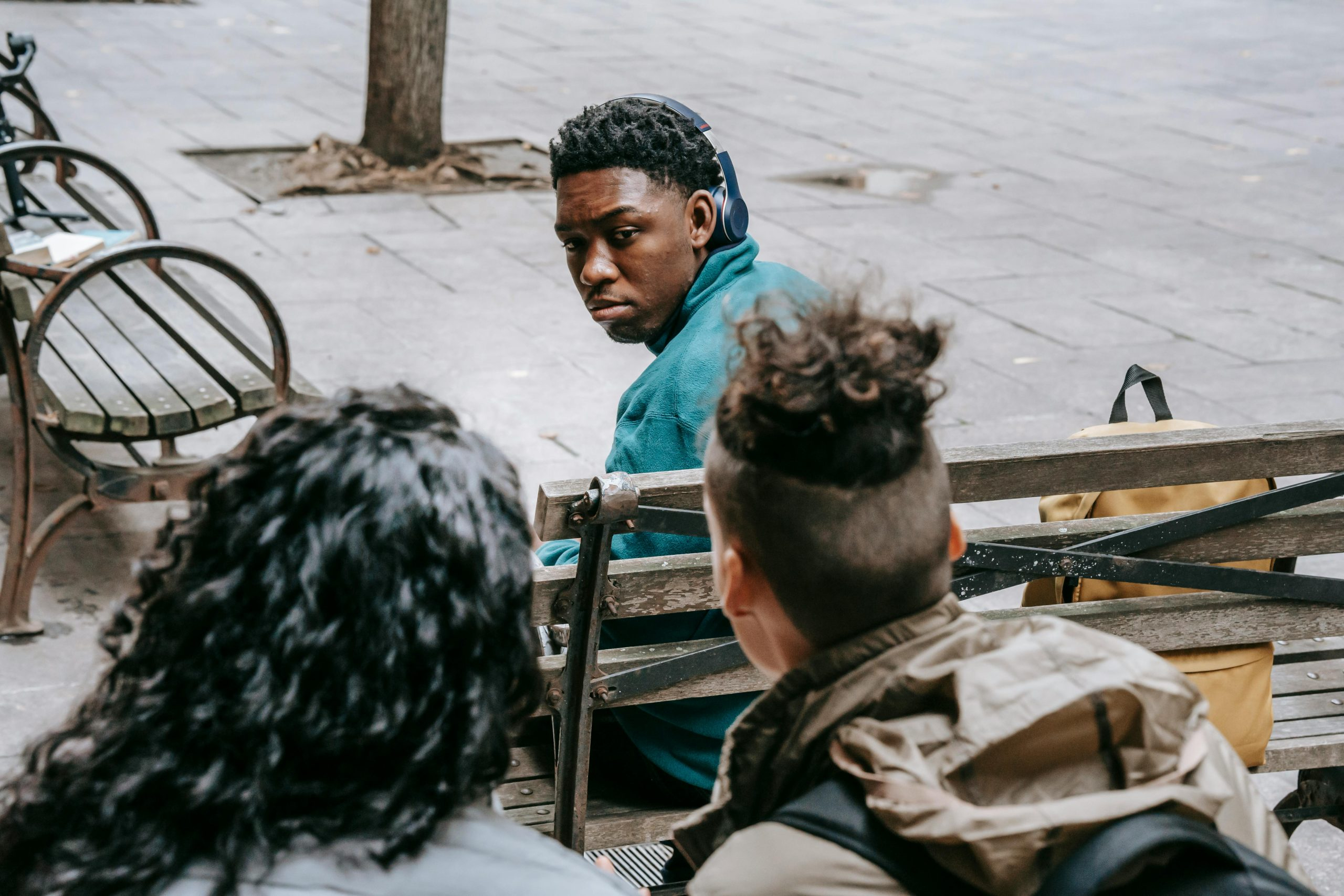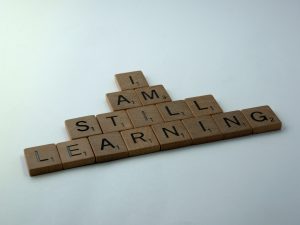Cultivating Empathy and Social Responsibility in Students
As educators, we play a critical role in shaping the minds and values of our students. While academic achievement is important, it is equally crucial to cultivate empathy and social responsibility in our students. In today’s fast-paced and often individualistic society, the need for empathy and social responsibility has never been greater. By instilling these qualities in our students, we not only contribute to a better future, but also create more compassionate and responsible individuals. In this article, we will explore the importance of cultivating empathy and social responsibility in students and discuss practical ways to incorporate these values in our classrooms.
The Importance of Empathy in Students
Empathy, simply put, is the ability to understand and share the feelings of others. It is a crucial skill that allows individuals to connect with others on a deeper level, foster healthy relationships, and navigate through conflicts and challenges with more compassion and understanding. In today’s diverse and interconnected world, empathy is not just a desirable trait, but a necessary one.
Studies have shown that individuals who are more empathetic are less likely to engage in aggressive behavior and more likely to exhibit pro-social behaviors such as volunteering, donating, and helping others in need. In a school environment, empathetic students are more likely to collaborate and work well in teams, creating a more positive and inclusive learning environment for all.
Fostering Empathy in the Classroom
So how can we cultivate empathy in our students? The first step is to model empathy ourselves. Students are more likely to emulate behaviors they see in their teachers, so it’s important for educators to show empathy towards their students, colleagues, and others in their daily interactions. This can be as simple as listening actively, showing understanding, and being patient with others.
Another way to foster empathy in the classroom is through literature. Reading and discussing books or articles that explore different perspectives, experiences, and emotions can help students develop a deeper understanding and empathy towards others. Role-playing, drama, and other forms of creative expression can also be effective in helping students see things from another person’s point of view.
The Role of Social Responsibility in Students
Social responsibility is the understanding and obligation to act in ways that promote the welfare of others and the greater good. It involves being aware of one’s actions and their impact on society and the environment. In today’s world, it’s crucial for individuals to not only think about their own success and well-being, but also the well-being of those around them.
By promoting social responsibility in students, we are shaping future leaders who are not only focused on their own personal gains but also the betterment of society as a whole. This can manifest in various forms, such as leading community service projects, advocating for social justice issues, and making ethical and sustainable choices in their daily lives.
Incorporating Social Responsibility in the Classroom
One of the most effective ways to instill social responsibility in students is through service-learning opportunities. This involves engaging students in an organized service project that addresses a community need, while also incorporating learning objectives into the experience. Through service-learning, students not only develop a sense of responsibility towards their community, but also gain practical skills and knowledge that can be transferable to other areas of their lives.
Another way to promote social responsibility in the classroom is by providing opportunities for students to discuss and critically reflect on global and social issues. This can be done through current events discussions, debates, and projects that require students to research and develop solutions for these issues. By encouraging students to think beyond themselves and their immediate surroundings, we are fostering a deep sense of social responsibility and a desire to make a positive impact.
In conclusion, as educators, it’s our responsibility to not only educate students academically but also to instill important values such as empathy and social responsibility. By doing so, we are equipping our students with the necessary skills and mindset to become compassionate, responsible, and active members of society. Let’s continue to cultivate empathy and social responsibility in our students, for a better future for all.










